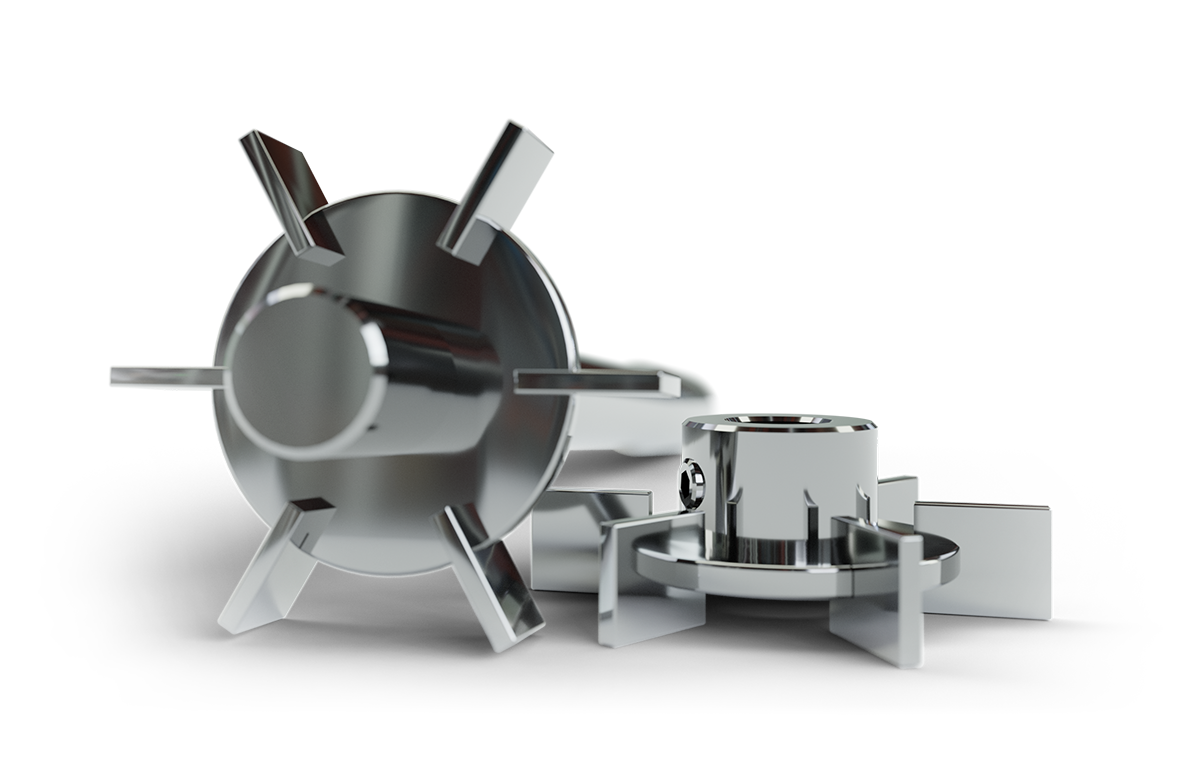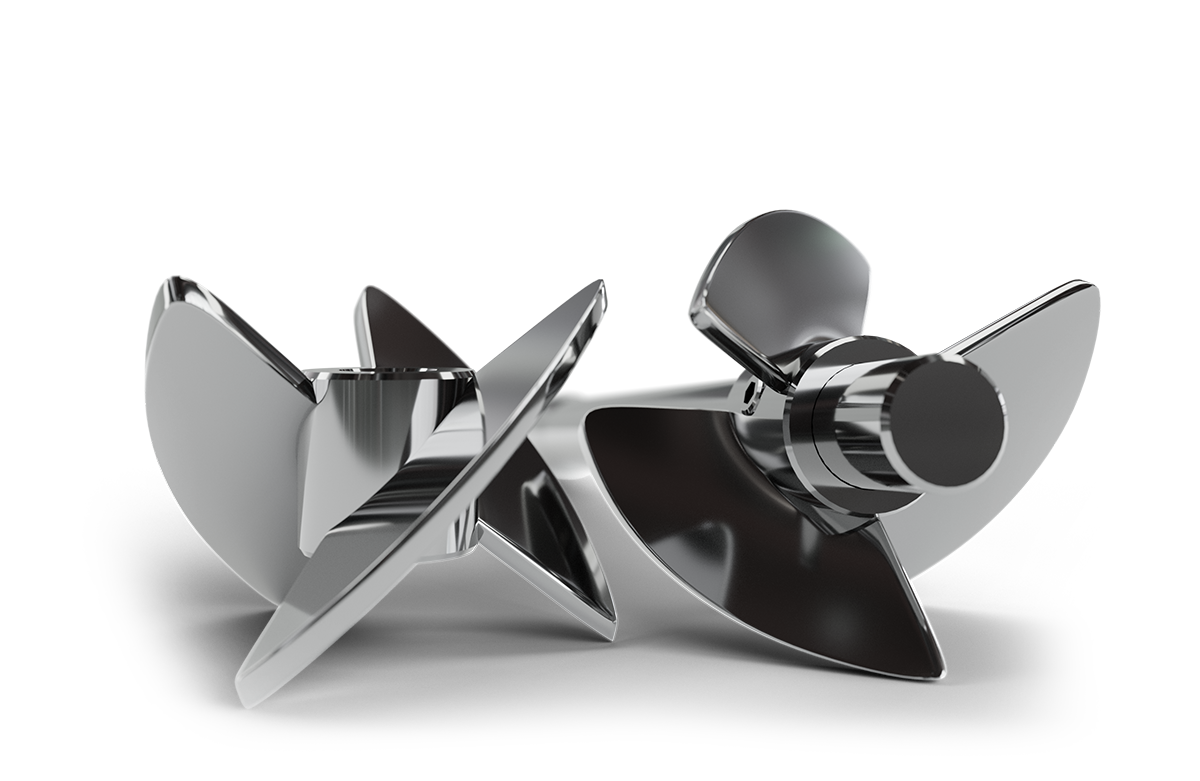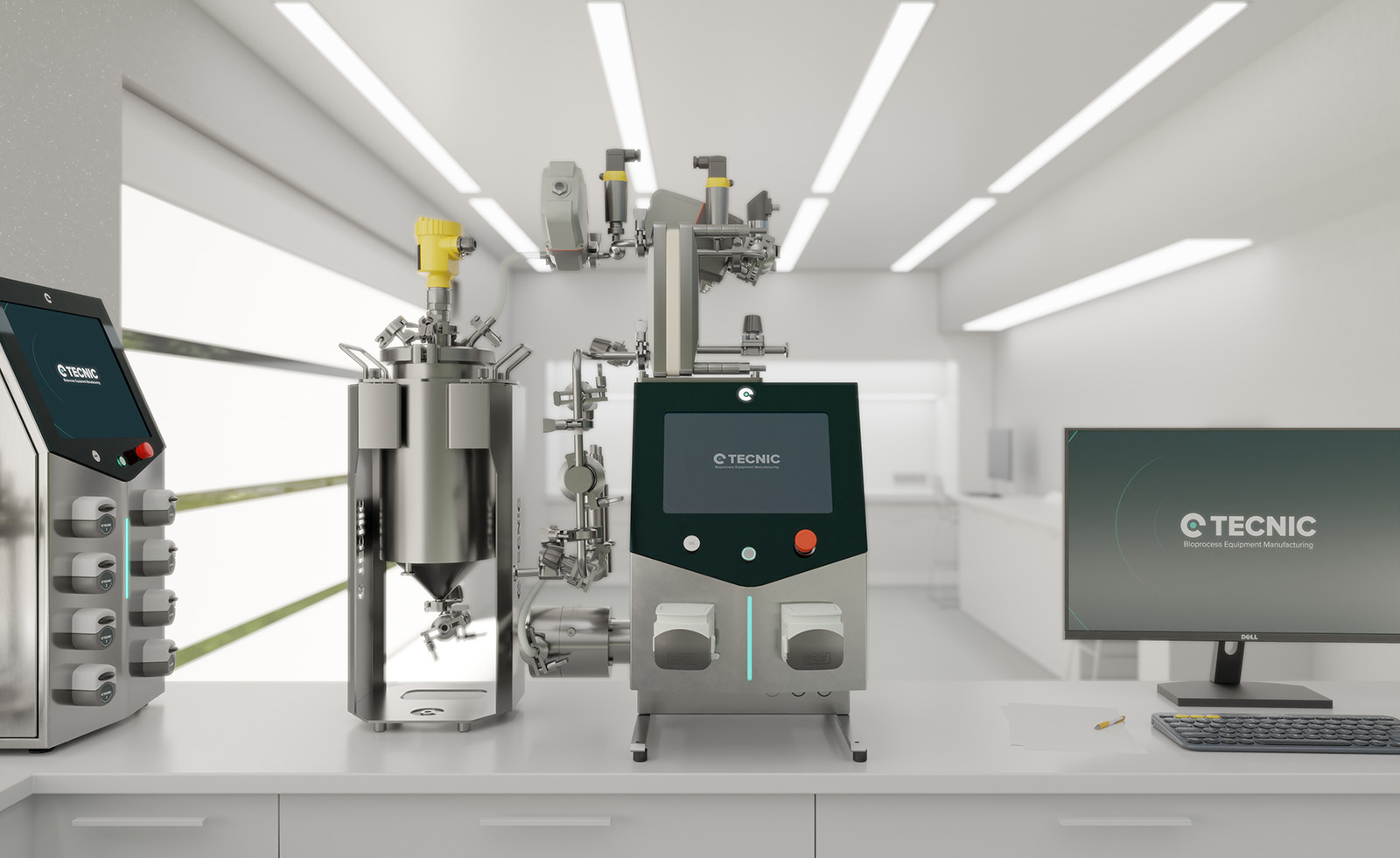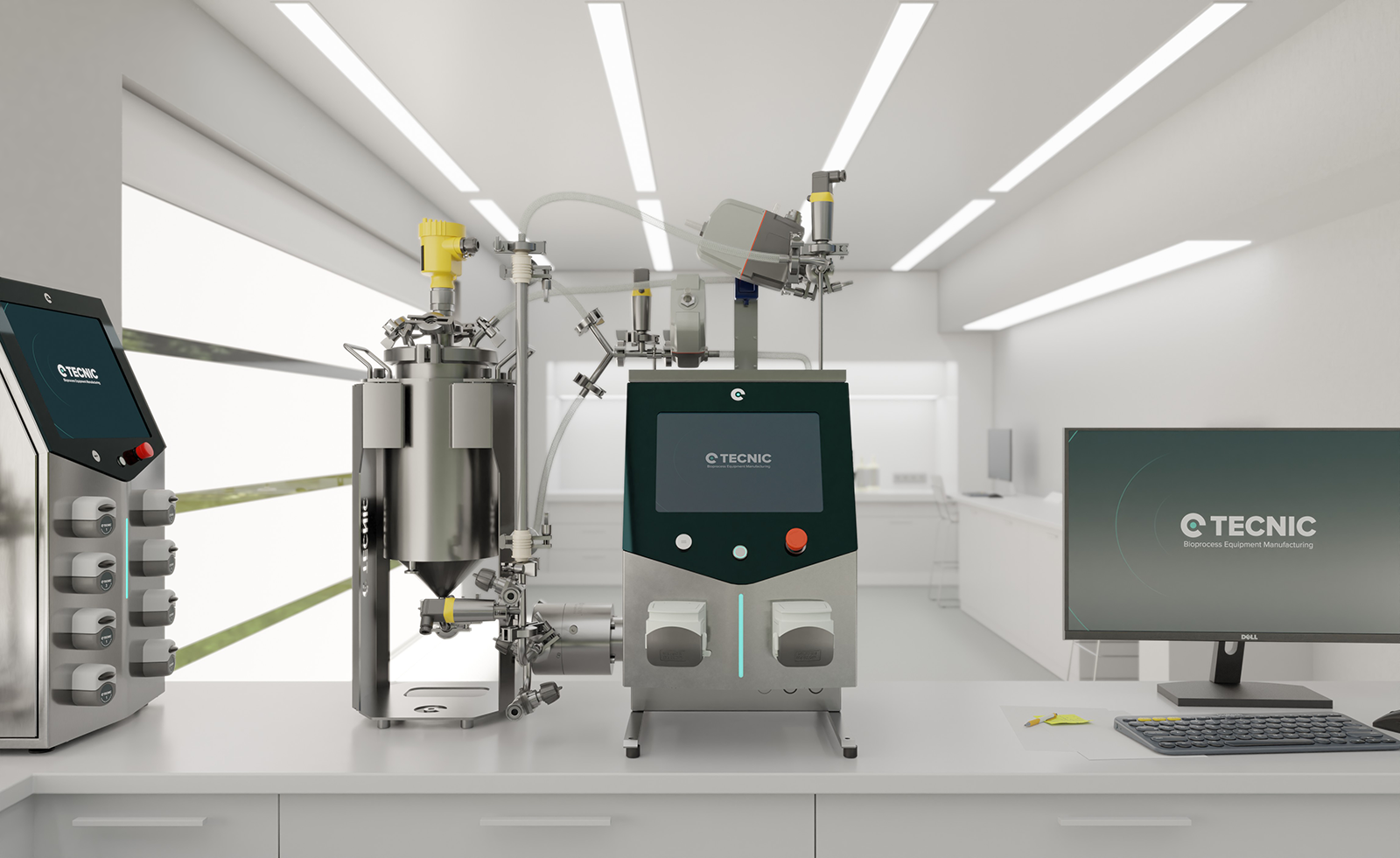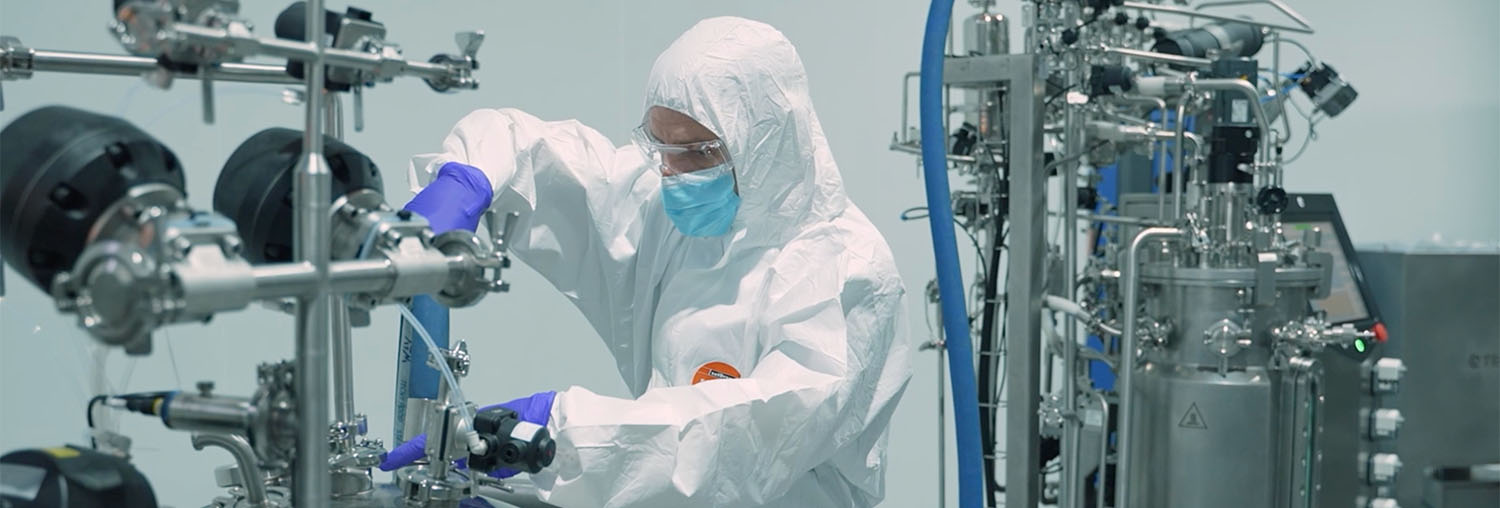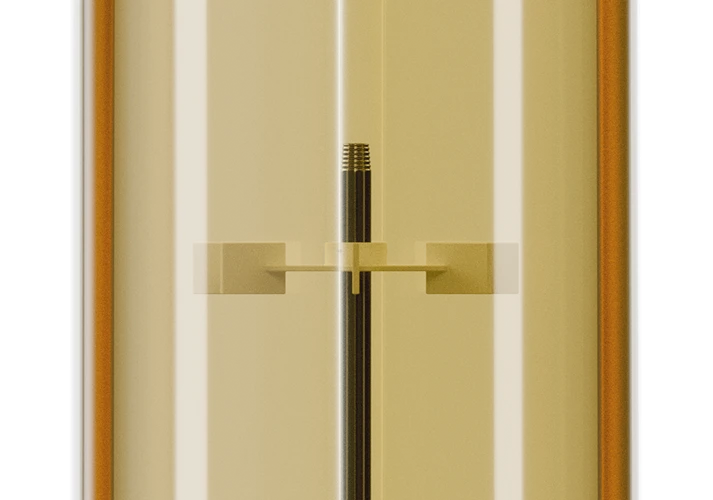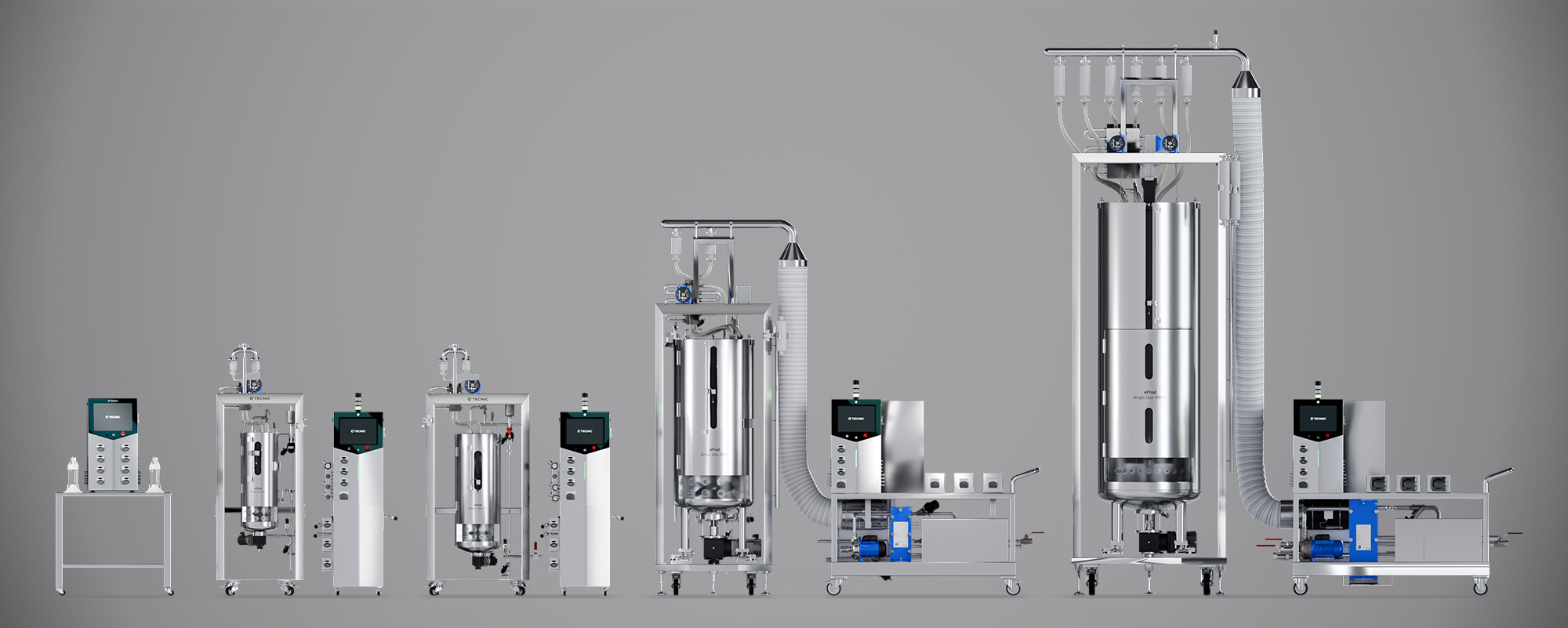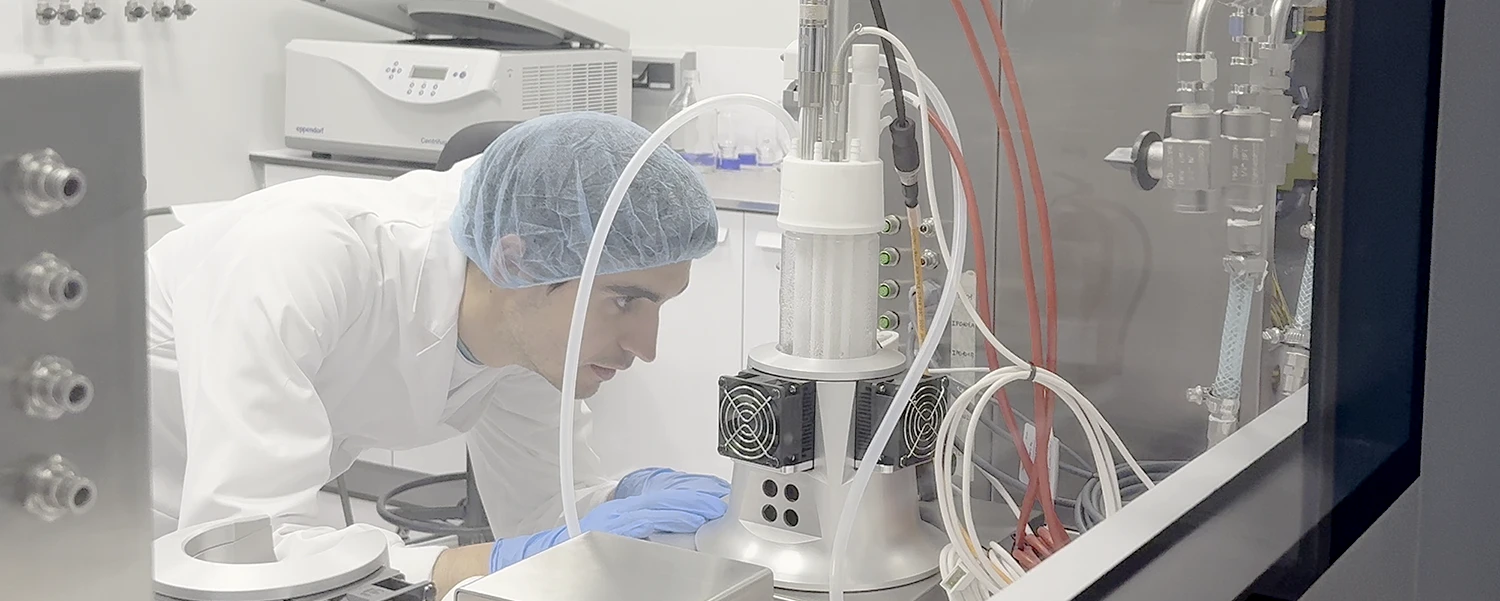A universal pill is what many of us instinctively wish for. When we feel unwell, the first thing we usually think about is finding a pill to make us feel better. Whether it's for a headache, the flu, or even something more serious, the act of opening the medicine cabinet and taking medication has become so routine that it might seem like medicine can cure everything. But if science has come so far, why isn’t there a universal pill that cures it all?
The answer is more interesting than it seems. In this article, we’ll explain why a universal pill is not part of today’s medical reality.
1. Every disease is different
There is no single cause of illness. Some are caused by viruses, others by bacteria, genetic mutations, the immune system itself, or even hormonal imbalances. Some affect the nervous system, others the digestive or respiratory systems. Expecting one molecule to solve it all is like trying to use a master key to open every door in the world: it simply doesn’t work. That’s why the concept of a universal pill is unrealistic, each drug is developed for a specific issue.
Each treatment must be designed for a specific problem. That’s why we have antiviral drugs, antibiotics, anti-inflammatory drugs, antidepressants, chemotherapy… and the list goes on.
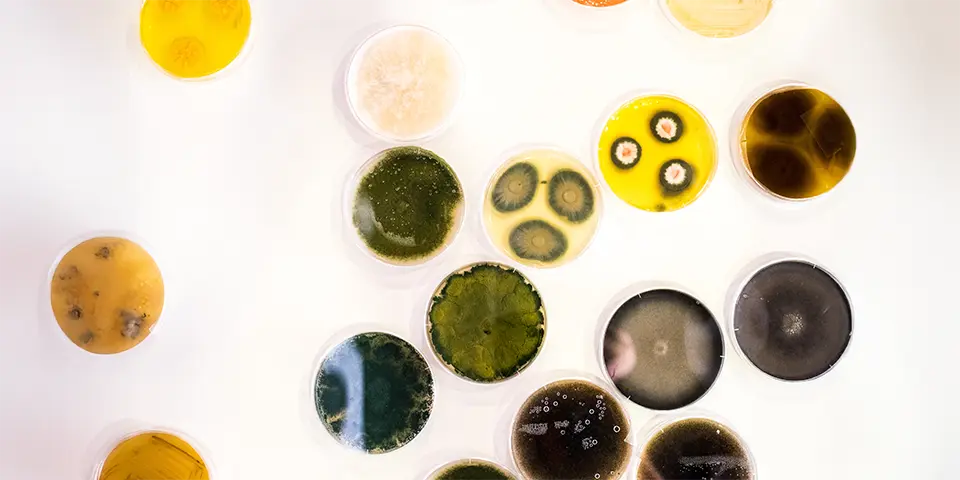
2. The human body is extremely complex
Although we sometimes forget it, the body is not a simple machine. It’s a living system made up of millions of cells that communicate with each other and with their environment. What helps one part of the body might harm another. A drug that stimulates the immune system could be dangerous for someone with autoimmune diseases. A treatment for the heart might negatively affect the liver or kidneys.
That’s why medications have “side effects”: because there’s no way for an active ingredient to act only in one area of the body without touching anything else. And the more general its effect, the greater the potential risks.
3. Personalized medicine is the future and the present
The same disease can present itself differently depending on the person. A tumor may respond well to treatment in one patient and have no effect in another. The reason lies in our DNA, microbiome, lifestyle habits, and even environmental factors.
This is why science is moving toward what’s known as personalized medicine: treatments tailored to the specific characteristics of each patient. And that takes us even further from the idea of a universal pill. What we seek now are tailor-made therapies, not one-size-fits-all solutions.
4. Many diseases still have no cure
Although there have been spectacular advances in recent years, many diseases still don’t have a definitive cure. Some, like Alzheimer’s, Parkinson’s, or certain rare diseases, are still being actively researched. Others, like the flu, change every year due to virus mutations.
In many cases, current treatments only relieve symptoms or slow disease progression but don’t eliminate the illness at its root. That’s why a single pill isn’t enough: multiple strategies, accurate diagnoses, and continuous follow-up are necessary.
5. The body also needs time
Even though we would like to feel better instantly, healing takes time. A pill can help, but the body must do the rest. For example, an antibiotic fights the infection, but it’s the immune system that ultimately eliminates it. A painkiller relieves the pain but doesn’t fix the cause.
Relying only on a pill without caring for rest, nutrition, or medical follow-up can delay recovery. Health is a balance, not a magic formula.
6. The most modern treatments are no longer pills
Today, many of the most advanced therapies don’t come in pill form. We’re talking about gene therapies, cell therapies, immunotherapy, monoclonal antibodies, or even mRNA treatments like the COVID-19 vaccines. These approaches require very complex production processes and are tailored to specific diseases.
These new therapies open the door to curing illnesses that were previously untreatable, but they are also more expensive and personalized. They have nothing to do with the traditional idea of a pill for everyone.
7. Making medicine is a very complex process
Behind every drug are years of research, clinical trials, safety testing, and regulatory approvals. But there’s also a major challenge in manufacturing: many modern drugs, such as biologics, are not synthesized like aspirin, they are produced from cell cultures under controlled conditions.
This is where companies like TECNIC come in, designing bioreactors and advanced filtration systems used in the production of medicines and biotech therapies. Without these solutions, it would be impossible to produce complex drugs on a large scale or ensure their quality and effectiveness.
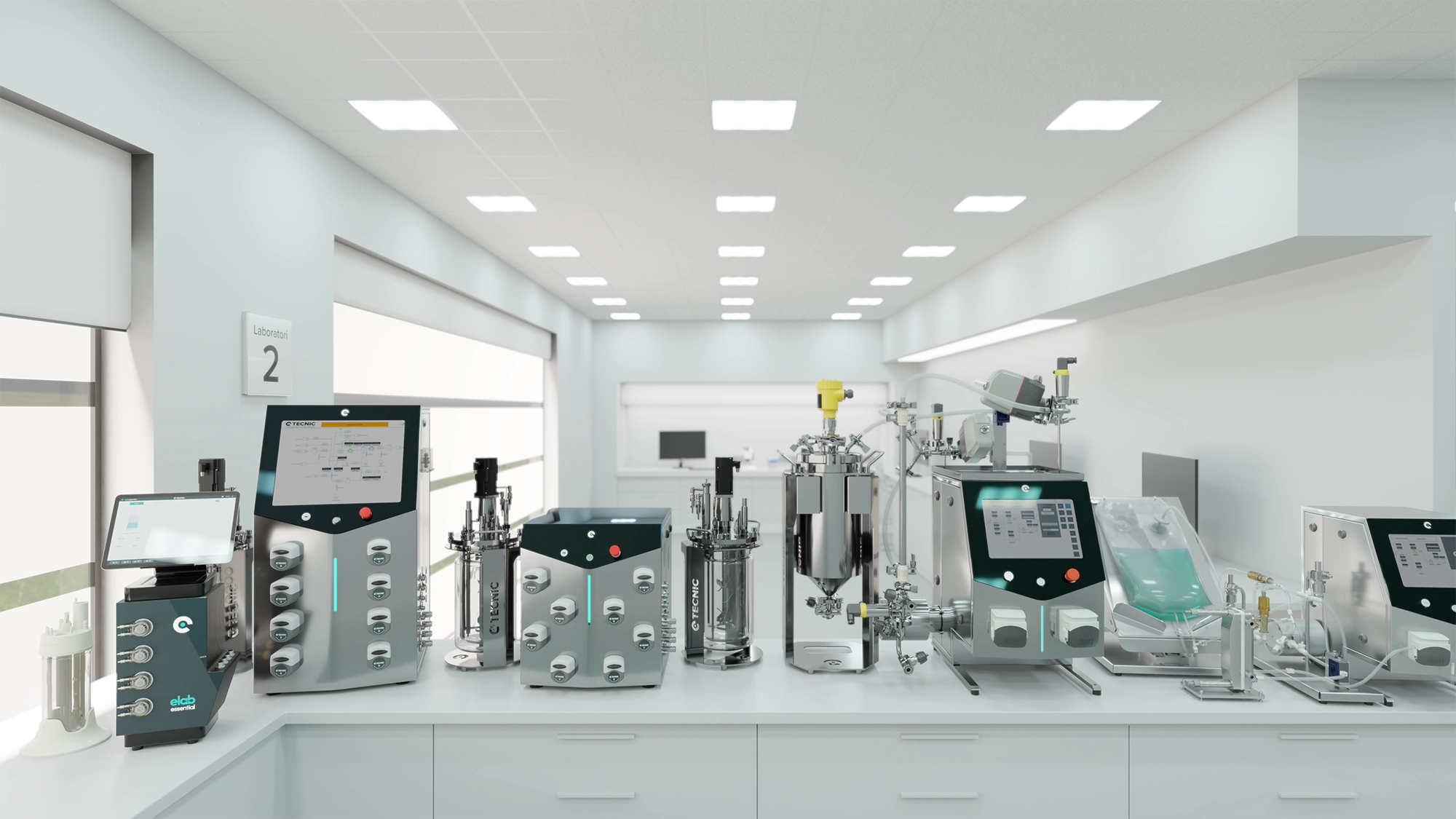
8. Not everything is cured with drugs
Finally, many health conditions aren’t resolved with pills. Mental well-being, for example, requires psychological support, lifestyle changes, and support networks. The same goes for chronic diseases like type 2 diabetes or hypertension, where treatment includes healthy eating, exercise, and medical supervision.
The idea that a single pill can be the universal solution is a myth. Modern medicine is interdisciplinary, and often the best prescription is a comprehensive approach combining technology, science, and human care.
Conclusion: there’s no universal pill for everything… and there probably never will be
Medicine has advanced more than ever, and will continue to do so. But the idea of a universal pill that cures every disease is more of a dream than a real possibility. Everybody is different, each disease has its own mechanism, and every treatment must be tailored.
Instead of searching for the magic solution, the smartest choice is to better understand our bodies, prevent illness, follow the right treatments, and support scientific research. Because health isn’t found in a single pill, it’s in the set of decisions we make every day.
Frequently Asked Questions (FAQ)
A universal pill is a hypothetical medication that could cure all diseases with a single dose. However, such a pill does not exist.
Because each disease has different causes and affects the body in unique ways. A universal pill cannot address all of them at once.
It’s unlikely. Medicine is moving toward personalized therapies, not one-size-fits-all solutions like a universal pill.
Some broad-spectrum drugs exist, but they are far from the concept of a true universal pill.
Because every illness is different, and the human body is too complex for one solution to fit all.






